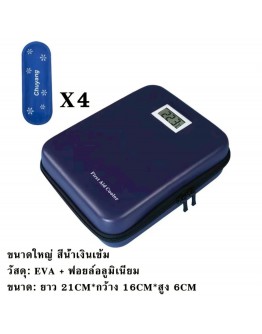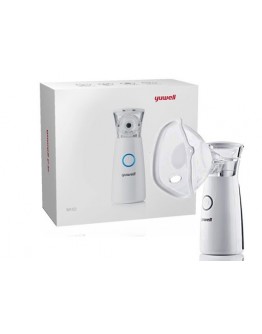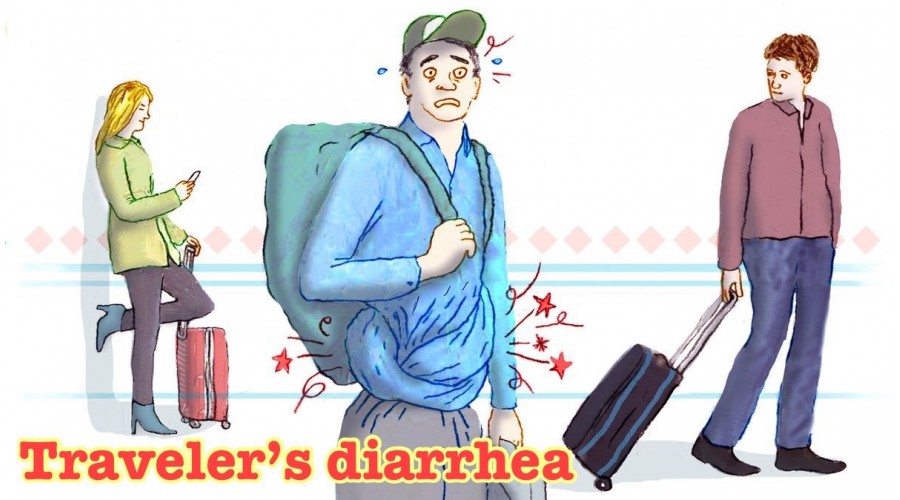
Traveler's diarrhea
What is traveler's diarrhea?
Diarrhea is the term for bowel movements that are loose or watery.
Traveler's diarrhea occurs within 10 days of travel to an area with poor public hygiene.
It’s the most common illness in travelers.
What causes traveler's diarrhea?
It’s caused by drinking water or eating food that has bacteria, viruses, or parasites.
Most traveler's diarrhea is from bacteria. Diarrhea from viruses and parasites is less common.

Food and water can be infected by people:
Not washing hands after using the bathroom
Storing food unsafely
Handling and preparing food unsafely
Not cleaning surfaces and utensils safely
Who is at risk for traveler's diarrhea?
You are at risk for this condition if you travel to a country that has poor public sanitation and hygiene.
Poor hygiene in local restaurants is also a risk factor.
Countries have the highest risk in:
Africa
Asia
Central and South America
The Middle East
If you travel to a developing country, you are more likely to get this illness if you eat food or have drinks:
Bought on the street, such as from a food cart
In someone’s home
At lodging that provides all meals (all-inclusive)
You’re also at increased risk if you:
Take some kinds of ulcer medicine
Have had some kinds of gastrointestinal surgery
What are the symptoms of traveler's diarrhea?
The main symptom is loose stool that occurs suddenly. The stool may be watery. Other symptoms may include:
Nausea
Vomiting
Bloating
Belly (abdominal) pain or cramps
Blood in the stool
Trouble waiting to have a bowel movement (urgency)
Feeling tired
Fever
In most cases, symptoms last less than a week.
Call a healthcare provider if you:
Have diarrhea that is severe or bloody
Have belly pain that is getting worse or not going away
Have a high fever
Are not getting better within a few days
Have signs of dehydration, such as urinating less
Treatment
Antibiotics for diarrhea
Antimotility Agents can reduce frequency of bowel movements
Oral Rehydration Therapy Fluids and electrolytes are lost , and replenishment is important, especially in young children, older adults, and adults with chronic medical illness. , replacement of fluid losses is key to diarrhea therapy and helps the traveler feel better more quickly.
For severe fluid loss, replacement is best accomplished with oral rehydration solution (ORS) prepared from packaged oral rehydration salts
Travelers’ Diarrhea Caused by Protozoa
most common parasitic cause from Giardia duodenalis, and treatment options include metronidazole, nitazoxanide, and tinidazole (
Travelers’ Diarrhea in Children
Children who accompany their parents on trips to high-risk destinations , and their risk is elevated if they are visiting friends and family. Causative organisms include bacteria responsible for TD in adults, as well as viruses (e.g., norovirus, rotavirus). The main treatment for TD in children is ORS. Infants and younger children with TD are at greater risk for dehydration, which is best prevented by the early initiation of oral rehydration.


.png)
.png)
.png)






-250x400.png)
-250x400.png)


-250x400.png)
-250x400.png)
-250x400.png)

-250x400.png)
-250x400.png)



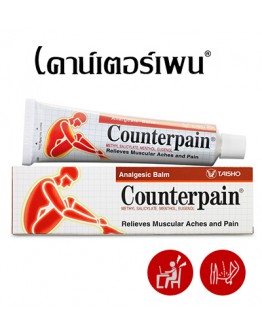

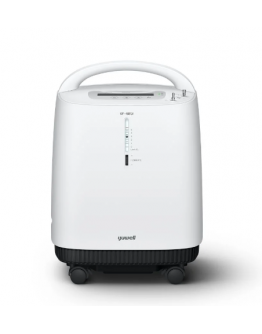
-262x334.jpg)
